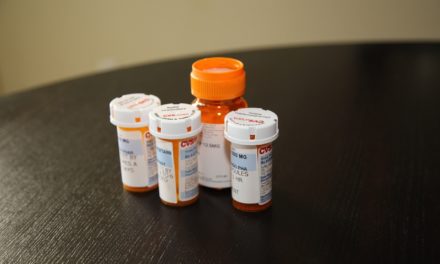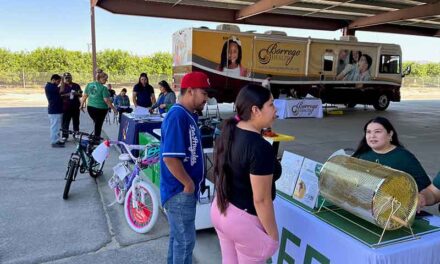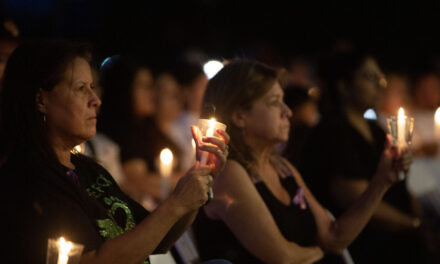INDIO – Combine an estimated 325,000 music fans, drugs, alcohol, heat, and wind and three weekends of the biggest music festivals in the Coachella Valley and you create a trio of hectic weekends for John F. Kennedy Memorial Hospital, which was prepared with increased staffing.
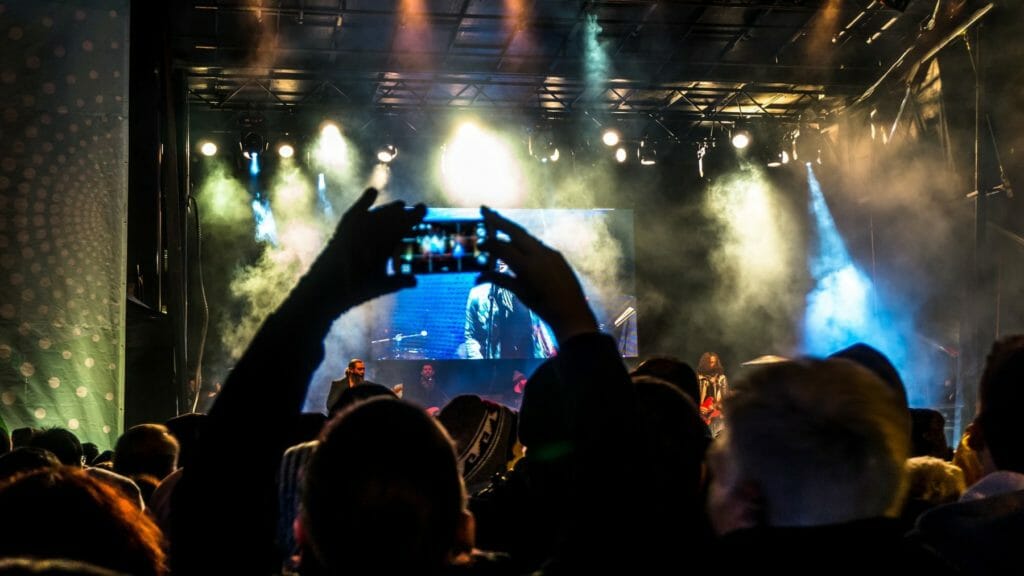 The local hospital was ground zero throughout the two-weekend run of Coachella and solo-weekend run of Stagecoach festivals, where staff treated more than 230 walk-ins and nearly 80 patients who arrived by ambulance, said Dr. Andrew Kassinove, medical director of the Emergency Department.
The local hospital was ground zero throughout the two-weekend run of Coachella and solo-weekend run of Stagecoach festivals, where staff treated more than 230 walk-ins and nearly 80 patients who arrived by ambulance, said Dr. Andrew Kassinove, medical director of the Emergency Department.
Those transported by ambulance were primarily those who overdosed on either drugs or alcohol, though there were broken ankles and even injured workers.
Injuries ranged from drug- and alcohol-related issues to dehydration and from asthma attacks to heat exhaustion and everything in between, Kassinove said.
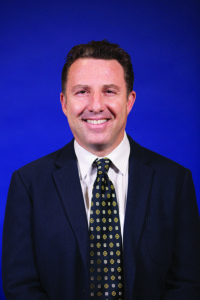
Dr. Andrew S. Kassinove
”There were a lot more cases of asthma attacks and issues this year than last due to the high winds and so much dust,” he said.
During Stagecoach this past weekend, the Coachella Valley was under a wind advisory and gusts reached 60 mph in some of the windiest places, according to the National Weather Service. During the second weekend of Coachella, on-site camping was delayed due to high winds. Festival-goers were also greeted with 15-30 mph winds during opening weekend.
During each of the two weekends of Coachella, about 100 people walked into JFK Memorial seeking treatment while about 30 patients each of the weekends arrived by ambulance. During Stagecoach, there were 36 walk-in patients, 18 arriving by ambulance, one admitted to ICU and one death. The latter was dead on arrival and staff was unable to resuscitate the person, Kassinove said.
The biggest difference between the two festivals – other than the music — is the difference in the mix of patients needing treatment. Those attending Coachella who needed medical treatment were incapacitated or hindered by cocaine, ecstasy, marijuana and some alcohol.
“There’s been a big resurgence in cocaine use,” Kassinove said.
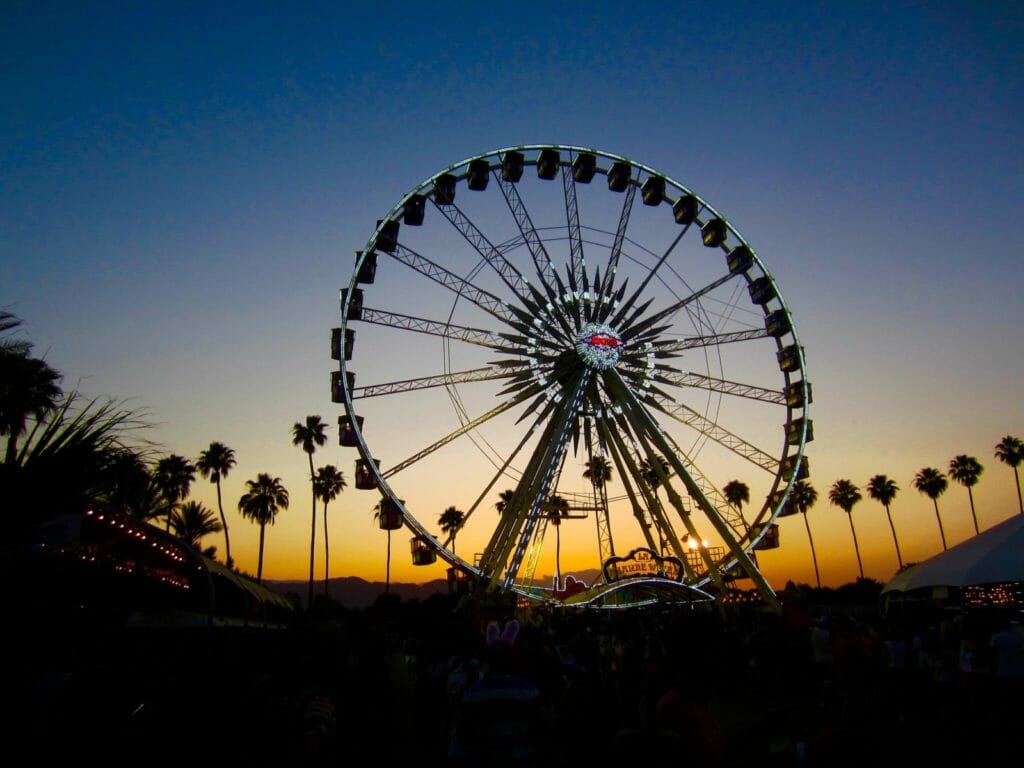 The Emergency Department also saw patients under the influence of GHB, commonly referred to as the date-rape drug. Those who receive GHB can stop breathing for a bit, but they will most generally recover, Kassinove said. It is used recreationally to stimulate euphoria, to increase sociability, to promote libido and lower inhibitions.
The Emergency Department also saw patients under the influence of GHB, commonly referred to as the date-rape drug. Those who receive GHB can stop breathing for a bit, but they will most generally recover, Kassinove said. It is used recreationally to stimulate euphoria, to increase sociability, to promote libido and lower inhibitions.
The primary drug of choice for Stagecoach attendees needing treatment was alcohol.
In addition to increased staffing at the hospital, Kassinove praised Emergency Medical Services at the Empire Polo Club and American Medical Response Inc., a medical transportation company.
“Everything starts with EMS and AMR,” Kassinove said. “They did a remarkable job, which made our jobs easier. The cooperation among all the entities helped reduce those who needed to come to the hospital.”
From an emergency preparedness standpoint, Coachella and Stagecoach are treated like disasters so there is cooperation and communication among all entities involved and everyone is ready to respond.
“With hundreds of thousands of people here, we feel good we made it through,” Kassinove said.


